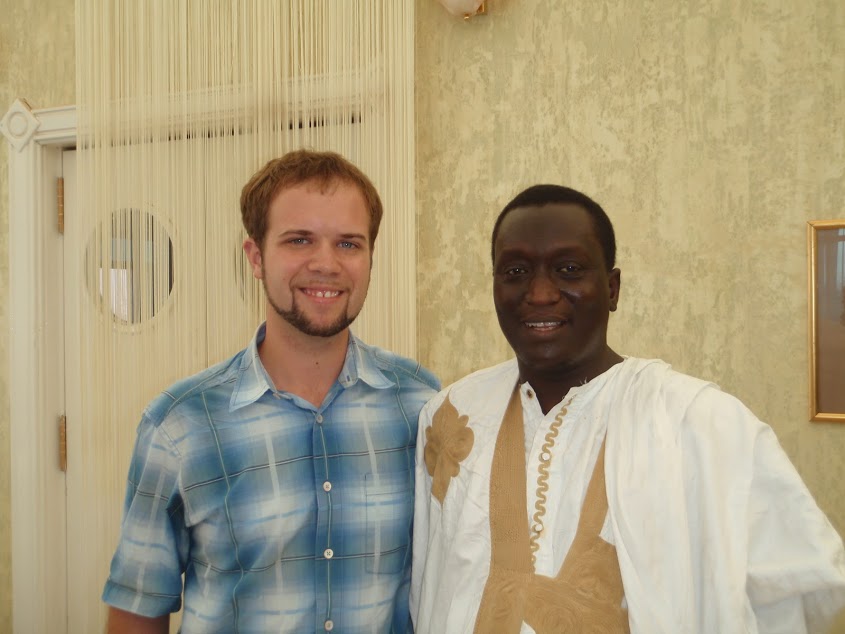USP Seminar: Narrative, science, and fear of the unknown
On October 16th, to a USP crowd made up primarily of scientists, Duke English Professor Priscilla Wald asked the audience to think about how the public talks about science. How do the prevalent narratives determine the way society responds to novel scientific ideas and technologies?
During her talk, Dr. Wald focused on the history of narrative on cloning, demonstrating how the language of popular literature and media represents cloning as unnatural, comparing it to incest and Frankenstein. In the popular media, cloning has been portrayed a god-like toying with life. A similar narrative was used decades prior around the origins of in vitro fertilization.
Such “unnatural” characterizations evoke a sense of disgust in us, because they are perceived as violating our fundamental categories and definitions of natural life. She went on to say that we fear threats to these fundamental definitions because we equate them with our belief in meaning and value of life. In fact, it is clear there is no consensus on fundamental definitions. Nor should there be, continued Dr. Wald, as that would lead to fascism.
The politics of narratives featured centrally in the presentation. Dr. Wald related a story of how President George W. Bush’s chief bioethicist once noted that while the average taxi driver would react in disgust to cloning, Duke’s scientists are acting like Dr. Frankenstein. Before suggesting one perspective was better than other, and choosing policies, Dr. Wald said we should at least ask where our ideas and beliefs come from. There are no such things as natural laws, Dr. Wald contended. Law is purely a product of narrative and convention.
Given ebola is dominating the popular media and policy discussions, Dr. Wald also discussed examples from her expertise on the narrative of outbreaks. This is also a story of public perception of the science of disease, outbreak, and the other, influencing our fearful response. As she recently told a Washington Post reporter, Dr. Wald said the best thing communicators (including scientists and journalists) can do to improve the discourse around inflammatory topics is to “state the fear” explicitly. Our society needs to educate to increase knowledge and awareness around complicated topics. Familiarity breaks down the fear of the unknown.



